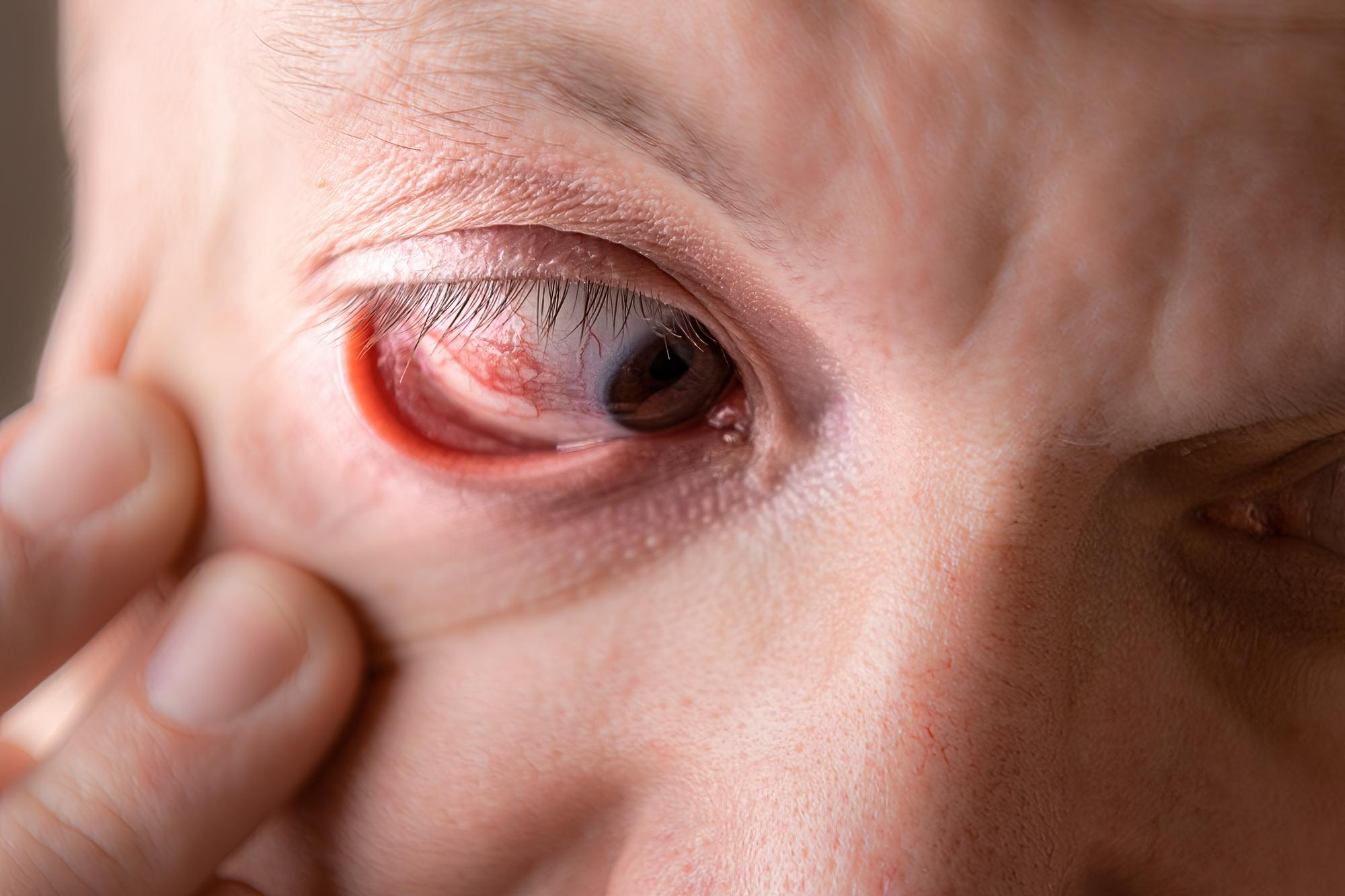Understanding Diabetic Retinopathy

Diabetic retinopathy (DR) sits at the top of the main causes found for vision loss in people with diabetes. It occurs when high blood sugar levels damage the delicate blood vessels in the retina. This damage can lead to bleeding, swelling, and even the growth of abnormal new blood vessels, all of which can significantly impair your vision.
The good news? Diabetic retinopathy is largely preventable with proper diabetes management and early detection. Millions of people worldwide are affected by DR, but with regular eye exams and timely treatment, the risk of vision loss can be dramatically reduced. Continue reading this blog to gain an overall understanding around this phenomenon and educate yourself about the best treatment for diabetic retinopathy.
How Does Diabetes Affect Your Eyes?
When blood sugar levels remain high for extended periods, it can wreak havoc on the tiny blood vessels throughout your body, including those in the retina. These delicate vessels become weakened and fragile, leading to a cascade of problems. They may leak fluid or blood into the retinal tissue, causing blurry vision or even complete vision loss in some cases.
Understanding the Different Stages of DR
Diabetic retinopathy progresses through different stages, each with its own set of characteristics:
- Nonproliferative Diabetic Retinopathy (NPDR): This is the earlier stage of DR, where the blood vessels in the retina are damaged but vision loss is usually not a concern. However, symptoms like microaneurysms (tiny bulges in the blood vessels), retinal hemorrhages (bleeding), and cotton wool spots (waxy yellow deposits) might be present. Early detection and management of NPDR are crucial to prevent progression to the more advanced stage.
- Proliferative Diabetic Retinopathy (PDR): In this advanced stage, the body attempts to compensate for the damaged blood vessels by growing new, abnormal blood vessels on the surface of the retina. These new replacements are fragile and prone to bleeding, which can lead to severe vision loss or even complete blindness if left untreated.
Who’s Most at Risk for Diabetic Retinopathy?
Anyone with diabetes, including type 1, type 2, or gestational diabetes (develops during pregnancy), can develop diabetic retinopathy. The longer you have diabetes, the higher your risk. Even factors like poor blood sugar control, high blood pressure and cholesterol, smoking can all further increase your risk of developing DR.
Don’t Ignore These Warning Signs: Act on Vision Changes
Diabetic retinopathy can often progress silently, with no noticeable symptoms in the early stages. However, as the condition worsens, you may experience changes in your vision, such as:
- Blurred or distorted vision
- Seeing dark spots or floaters in your field of vision
- Sudden vision loss, especially in one eye
- Difficulty seeing at night or in low light conditions
- Eye pain or redness
If you experience any of the symptoms mentioned above, please see a diabetic retina specialist as soon as you can.
Taking Control: Treatment Options for DR
Fortunately, there are effective treatment options available for diabetic retinopathy. The condition specific treatment you receive will depend on its severity. Here are some common methods used by diabetic retinopathy specialists:
- Medications: Anti-VEGF medications can be injected into the eye to help reduce swelling and prevent blood vessel leakage. Corticosteroid injections might also be used to manage inflammation.
- Laser Treatment: Laser therapy can be used to seal leaking blood vessels or destroy abnormal new blood vessels to prevent bleeding and further damage to the retina.
- Vitrectomy: In some advanced cases, surgery called a vitrectomy may be necessary. This procedure involves removing blood or scar tissue from the vitreous gel, the clear jelly-like substance that fills the center of your eye.
Living with Diabetes and Protecting Your Sight
Diabetic retinopathy can be a scary diagnosis, but with proper diabetes management, regular eye exams, and timely treatment, you can significantly reduce your risk of vision loss. Millions of people worldwide manage diabetes and DR successfully. Therefore, to simplify the process of finding the best eye doctor in Mumbai for diabetic retinopathy, you can simply contact Shri Venkatesh Eye Institute. Their active role in your healthcare and important recommendations will help protect your vision, allowing you to enjoy a safer future.
